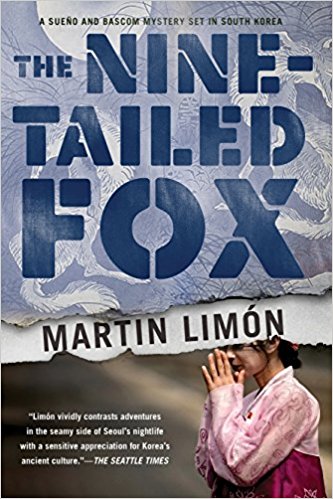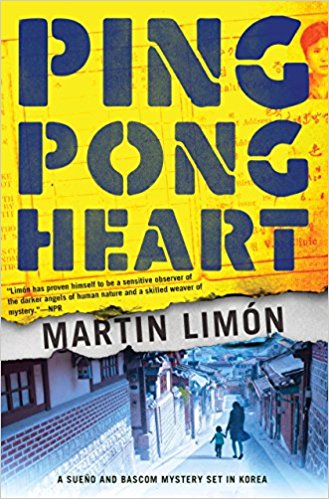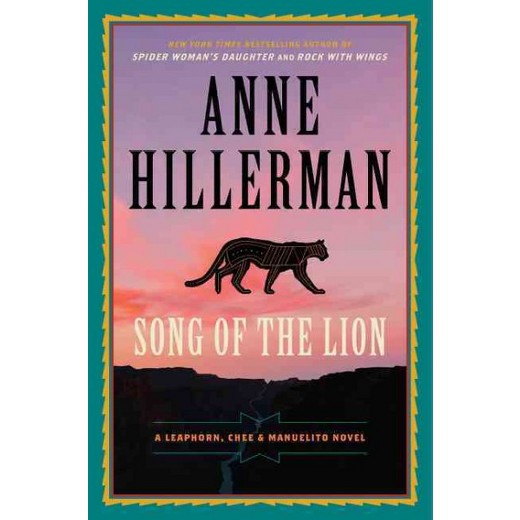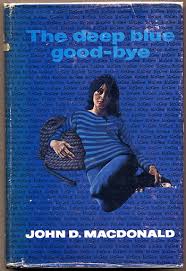‘The Nine-Tailed Fox’ (2017) and ‘Pong Pong Heart’ (2015) by Martin Limón
Entries in this reliable series following the (mis)adventures of George Sueño and Ernie Bascom, Criminal Investigators, 8th Army Headquarters, Seoul, South Korea circa 1972. In earlier reviews descriptions of the two protagonists and their world have been outlined elsewhere on this blog. Go there for background.
Suffice to say here, that these entries maintains the standard of the earlier titles.


There are many things to like about these books. First is that there is always a mystery that requires detective work. Sounds simple but so many books in the genre lack both mystery and detection. The common substitutes are sex and violence.
In addition, here as in several others, Korean lore and myth are integral to the plot. That is, it is rooted in the time and place culturally, as well as materially.
Moreover, Limón treats the Koreans, be they business girls, file clerk Miss Kim, innkeepers, or the redoubtable Mr Kil of the National Police, with respect, even deference. It is, after all, their country.
There is much about how an elaborate organisation like the Eighth Army operates and a recurring cast of characters around headquarters, e.g,, Sergeant Riley who knows everyone and if asked very nicely can secure even top secret documents when official channels are closed, Lifer Harvey, called Strange for good reason, who knows where many bodies are buried, the blustering provost who has been counting off the days until retirement for a decade, the motor pool chief who sees a lot more than he tells, and so on.
There are also martinets, bullies, thugs, many of them field grade officers. There is a rich black market in PX goods and conflict among the army wives, too.
In short, there are many crossfires in which to get caught, and these two often do get caught. Conflicting orders are after all common in any organisation but never mentioned in KPIs.
George is moody and introspective, planning to stay in Korea when he hits twenty years and maximises the army pension. He is learning the language and tries to immerse himself in the culture in food, drink, music, arts, and so on. The ever resourceful Ernie always has his lock-pick with him, namely a size twelve boot with which he kicks in doors that for some reason will not open. Ernie plans to drink himself to death by retirement age.
Sometimes the bow is long but the arrow continues to fly true.
Anne Hillerman, ‘The Lion’s Song’ (2017)
Inheriting the mantle from père Tony must have been difficult in every way. Yet I have read to the end each of her three novels and found things in them to like. I do not bother to finish books that do not engage my interest. Best to stop beating one’s head as soon as possible.

Chee, Bernie, and Leaphorn each play a part in this one. But always the dominant character is the place, in this instance the Grand Canyon. To see it is to know why it is called that.
A proposal for a tourist development near the south rim of the Grand Canyon is on the table. There is a great deal of money at stake, and some of it is already wafting around. There are so many overlapping, competing, and conflicting jurisdictions that no one is quite sure who has the last word. In addition there is the St Bartholomew parade of activists, interest groups, holier than thou greenies, each and all of whom want a say, not just a say, but THE say. Then there are the native Indians, who are divided among themselves, first by tribes, but also by generation, and by more venal interests, too.
The stew is rich and to sort through it a mediator is employed, a very seasoned lawyer from Phoenix, who has done this kind of thing before. He works methodically and with superhuman patience.
Is it just coincidence that his car was blown up? Why do the lights in the town hall where the host is gathered keep going out? Why does the mediator seem to disappear at times?
In a game of hot potato Chee is assigned as the mediator’s bodyguard and he comes to learn a great deal about his backstory and that might explain current events.
The variety of characters is good and they are given individuality. The complexities of the mediation are well realised. The elderly grandmother is arresting. The fog in the Grand Canyon during which the title is explained is marvellous.
Yet the balancing act with three foci — Bernie, Jim, and Joe — is just too much. Also there are far too many pointless descriptions of the pockets from which keys are extracted, the winding down of car windows, the aroma of tea, and so on and on and on. Some readers, perhaps this very reader, were shouting at the book to move on. This a lot of this padding.
Cowboy Dashee appears in this one and I thought he met his end a long time ago in another book. I mean him no ill will but I was surprised to read of him. I think it was ‘Dark Wind’ (2010) and I will check on that for my own satisfaction.
John D MacDonald. ‘The Deep Blue Good-bye’ (1964)
Graeme Blundell recently recommended JD. Long ago I tried to read one, this one I think, and put it aside. I have done so again.
This is the first in a very long running and successful series — twenty-one titles according to Wikipedia — and perhaps some things changed with confidence and success, and perhaps they change for the better but I will never know. This is the one Blundell, whom I find a reliable cicerone, recommended so I tried it.

Outer Florida in the 1970s was a frontier where a loner could go to escape and that is what Travis McGee does on his cruiser in the Keys. MacDonald does the regional accents and the class syntax well, but it just goes on, and on and on and on. The characters are differentiated. The locale is brought to life. All that is true.
But it proceeds by endless exposition, like a textbook. There are pages and pages of exposition. Page and page. It is exhausting without forward progress, like listening to a non-stop motor-mouth. One does nothing but grows tired.
I gave up at the twenty percent mark according to the Kindle. If I have not suspended disbelief by that time with a book and entered into its world, I do not press on. There is no honour in the hollow achievement of finishing something I would rather not have started.
A screenwriter would be needed to pull it apart and give it some life. Even the scenes where Travis is questioning witnesses read like depositions rather than dialogue.
John D MacDonald has an interesting backstory himself, but knowing it does not make the book any more engaging. He was a Harvard MBA who gave up a corporate career for the typewriter when he had a young family and worked hard at being writer. I admire that, but, well, see above.
Skip to content
